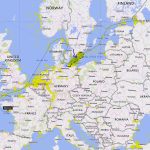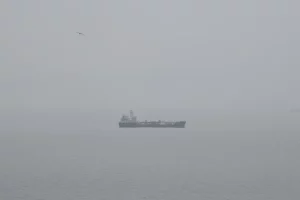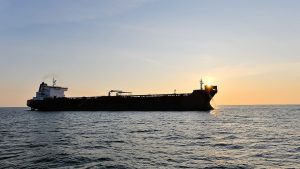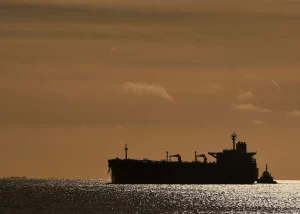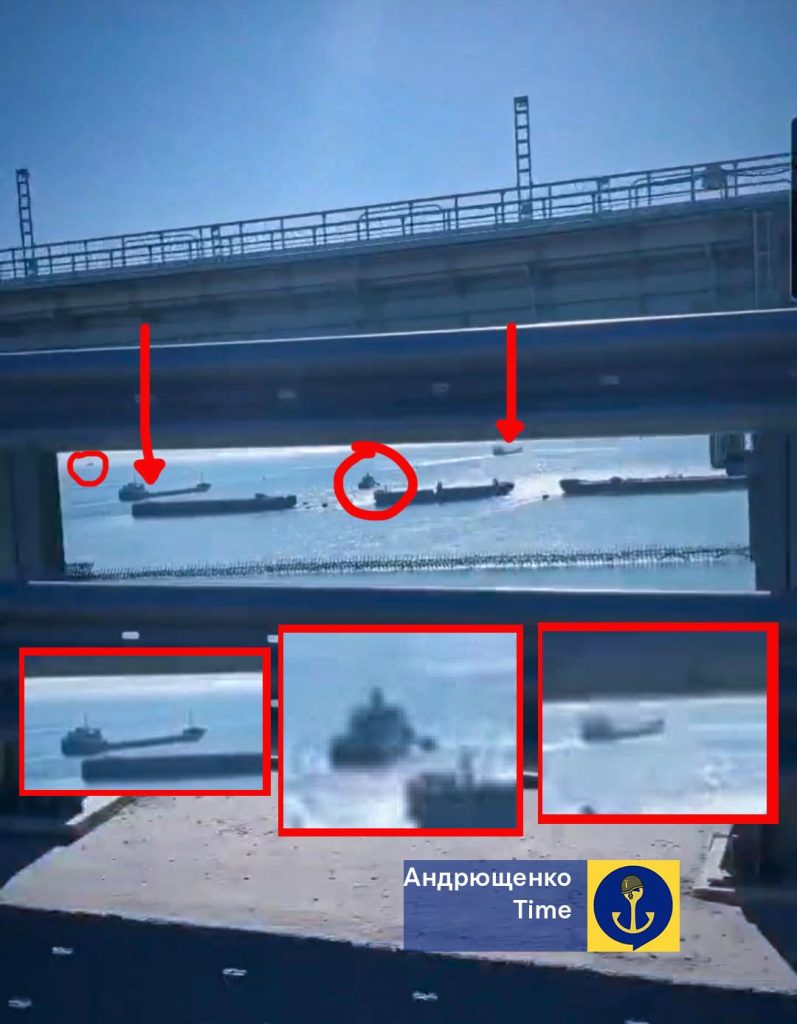Russian oil tanker detained by France may be involved in launching drones over Denmark
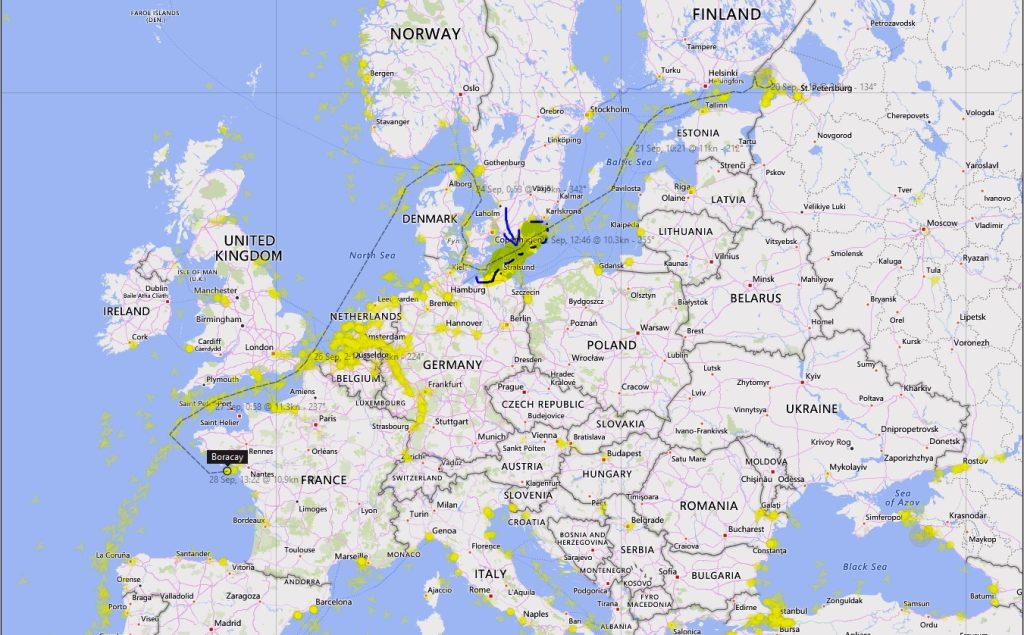
The Boracay tanker detained by the French Navy was near Copenhagen on the evening of September 22.
This was reported by the head of the project of the Institute of Black Sea Strategic Studies, Andriy Klymenko.
According to him, on September 27, the French Navy detained a tanker with Russian crude oil from the Baltic ports in the Atlantic near Brest. We are talking about the Boracay vessel under the flag of Benin, which is under sanctions by the United Kingdom, the EU and Canada.
“The tanker was actually detained (as our own mini-investigation shows) on suspicion that on the evening of September 22, 2025, while being near Copenhagen, at a time when the airport of the Danish capital was closed due to unknown drones, it could have been the place of launch of those drones. By the way, after those events, a German frigate watched it for 4 hours,” Andriy Klymenko said.
An investigation is also underway into two more vessels, one of which flies under the flag of the Russian Federation and has long since arrived at the port of St. Petersburg (and there is no access to it and will not be), and the second has already visited the ports of Lithuania and Finland (where it could almost certainly have already been inspected).
In turn, the Boracay tanker is the only one of the three vessels that was not in the port, but at sea, in particular under the false flag of Benin. Among the history of its flags is the false flag of Gambia from December 1, 2024, as well as the false flag of Malawi from June 1, 2025, Benin – from September 1, 2025.
“We do not know whether UAVs were actually launched from it, which caused enormous damage to air transport throughout the EU, the investigation will show this or not, but this is what is very important to us. In this case, in principle, he could have been detained by a warship, inspected and escorted to the port of Saint-Nazaire precisely and only for the false flag.
And we are grateful to the French Navy that they finally showed this to all European colleagues. Including outside the Baltic Sea,” the expert emphasizes.
In particular, this is stipulated in the UN Convention on the Law of the Sea, Article 110 “Right to inspection”. Thus, a warship that has met a foreign ship on the high seas does not have the right to inspect it if there are no reasonable grounds to suspect that: 1) this ship is engaged in piracy; 2) this ship is engaged in the slave trade; 3) this ship is engaged in unauthorized broadcasting; 4) this ship has no nationality.
“In the cases provided for in paragraph 1, a warship may verify the right of the ship to its flag. For this purpose, it may send a boat under the command of an officer to the suspected ship. That is, the presence of a false flag is a 100% reason for a legal stop and inspection of a civilian vessel. And such tankers with false flags, for example, in August 2025 left the Russian ports in the Baltic – 11 out of 95, and they transported at least 1 million tons of “bloody” oil,” – said Andriy Klymenko.
As previously reported by USM, Denmark also suspected the Russian cargo ships Astrol 1 and Oslo Carrier 3, as well as the “shadow” tanker Pushpa under the flag of Benin, which were passing nearby at that time.
